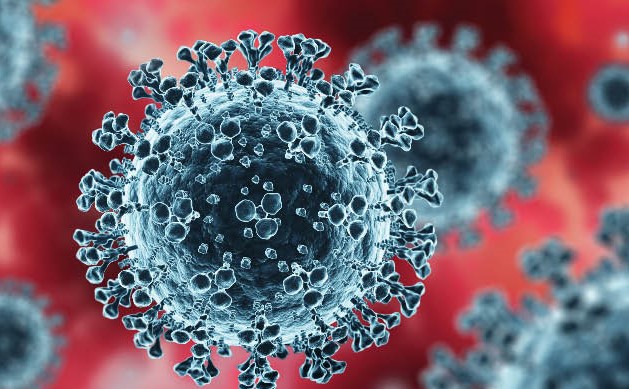ADDomer is a new type of vaccine that can be produced and stored at warmer temperatures, removing the need for refrigeration, in a major advance in vaccine technology. For comparison, COVID-19 vaccines by AstraZeneca, Moderna and BioNTech need to be cooled at 4°, -20° or even -80°. ADDomer, engineered using a synthetic thermostable protein scaffold, could revolutionise the way vaccines are designed, produced and administered.
Early in 2020, the COVID-19 pandemic began to circulate around the globe, entailing major disruption to communities and economies. In March 2020, the UK went into its first lockdown and Bristol turned into a ghost town. University research was put on hold, laboratories closed and people stayed at home amidst uncertainty.
Professor Adam Finn, Director of Pfizer’s new Vaccine Centre of Excellence in Bristol, and lead for the University COVID-19 Emergency Research group, Bristol UNCOVER, recalled: “These were momentous times. Worrisome, no doubt, but scientifically extremely motivating. We had a new, deadly pathogen, SARS-CoV-2, sweeping the globe. Scientists everywhere mounted an unprecedented effort to decipher SARS-CoV-2 and the disease, in record time.”
Frederic Garzoni, CEO of Imophoron Ltd, reprised his old role, to produce high-value protein reagents for scientists who carried on trying to tackle the global health crisis. Working with Bristol scientists, Fred developed within weeks a COVID-19 vaccine utilising Imophoron’s innovative ADDomer vaccine technology.
Imre Berger, Director of Bristol’s Max Planck Centre for Minimal Biology, said: “When Adam Finn called, my core team members immediately volunteered for this task. We joined Bristol UNCOVER and produced what our colleagues needed in our protein expression facility. Fred had been our facility manager before we founded Imophoron Ltd. We needed him back now, and he came."
The Elizabeth Blackwell Institute provided support for the UNCOVER group across multiple projects. Institute Director, Rachael Gooberman-Hill had early conversations with the team at Imophoron Ltd, back in March 2020. She recalls: “Imre and his team needed urgent funding to enable them to respond to the unfolding pandemic. They rapidly refocused their innovative ADDomer platform to the SARS-CoV-2 virus and got to work straight away. Thanks to support from Alumni and many other sources, the Institute was able to support early COVID research like this at the University and to make a real difference in the COVID-19 pandemic.”
The research team thanked the Elizabeth Blackwell Institute, EPSRC, BBSRC, Wellcome Trust, European Research Council, GW4 alliance and Oracle for Research for generous support.
